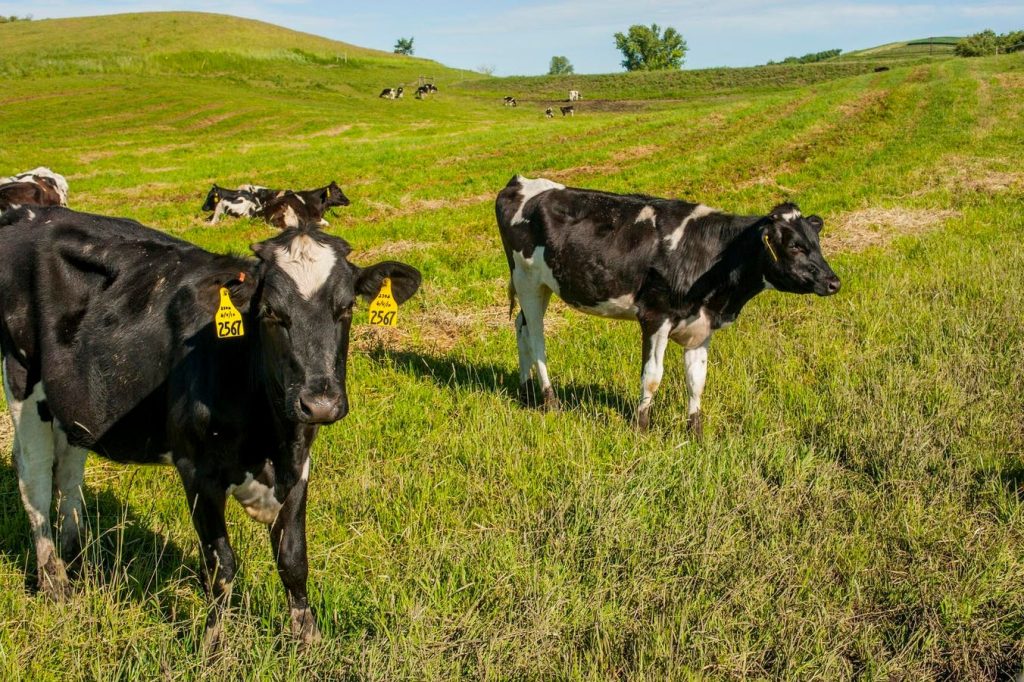The Food and Drug Administration (FDA) reported that samples of pasteurized milk from various locations across the United States have tested positive for remnants of the H5N1 bird flu virus. This discovery comes after an outbreak of the infection in dairy cows in multiple states but the agency reassures the public that the U.S. milk supply remains safe despite the findings.
The FDA emphasized that the remnants of the bird flu virus found in the milk do not pose a threat to consumers due to the pasteurization process, which effectively kills or deactivates harmful bacteria and viruses by heating the milk to specific temperatures for a set amount of time. Additionally, the FDA and Department of Agriculture confirmed the safety of the milk supply in the U.S. through the diversion or destruction of milk from sick cows.
While the positive samples of the bird flu virus in milk are not an immediate cause for concern among humans, it does suggest that the outbreak among dairy cows is likely still ongoing. Cases of the bird flu have been detected in domestic livestock in several states including Idaho, New Mexico, Texas, South Dakota, Kansas, Michigan, Ohio, and North Carolina, as per USDA data.
The FDA has been actively monitoring the situation by testing milk from various sources including store shelves, processing systems, and affected animals. They are conducting a large sample to gain a better understanding of the current findings and are assessing the positive findings through egg inoculation tests, which are considered the gold standard for determining the viability of the virus.
The FDA’s statement reassured the public by affirming that thus far, there is no evidence to suggest that the commercial milk supply is unsafe. Multiple studies on commercial milk and the bird flu will be published in the coming days to weeks to provide further insights and information on the situation.
It is important to note that while there is no evidence of human-to-human transmission of the bird flu at this time, global health experts have expressed concern about the potential for such transmission in the future. The World Health Organization (WHO) reported 888 human cases of bird flu infection between January 2003 and March 28, 2024, with 52% of the cases being fatal. Additionally, the CDC has stated that the risk of transmission from infected animals to humans is currently low.
The presence of the H5N1 bird flu virus in milk is believed to be linked to wild migratory birds and while pasteurization is effective in killing most harmful viruses, it may not eliminate all viral particles. As a precaution, the CDC has ruled out the need for a milk recall at this time and has stated that there have been no detections of the bird flu in commercial beef herds. Only two cases of bird flu have been reported in Americans, with one individual in Texas testing positive recently and another in Colorado in 2022, with symptoms ranging from pink eye to fatigue.















